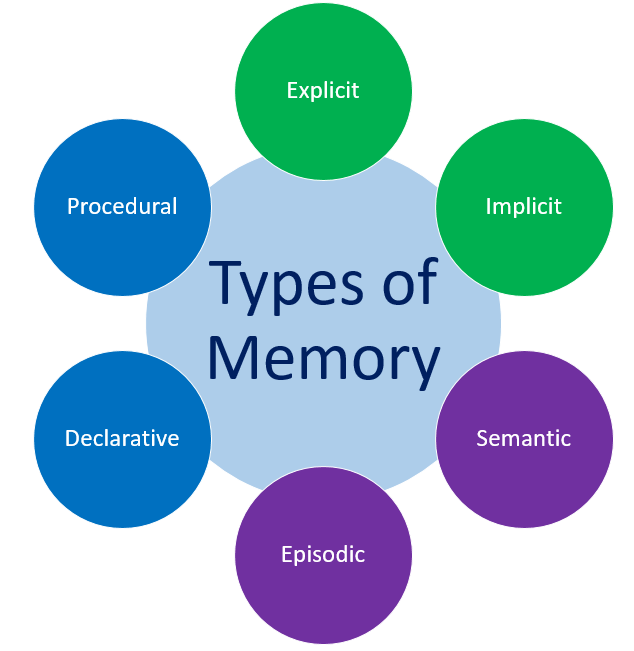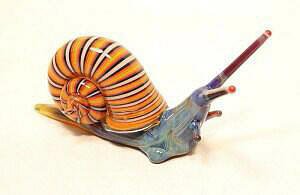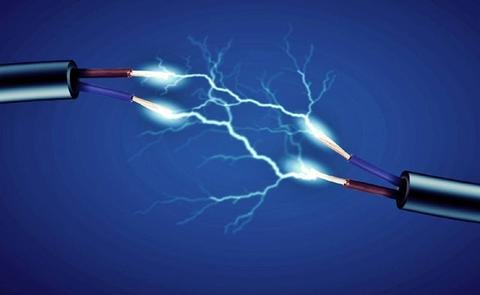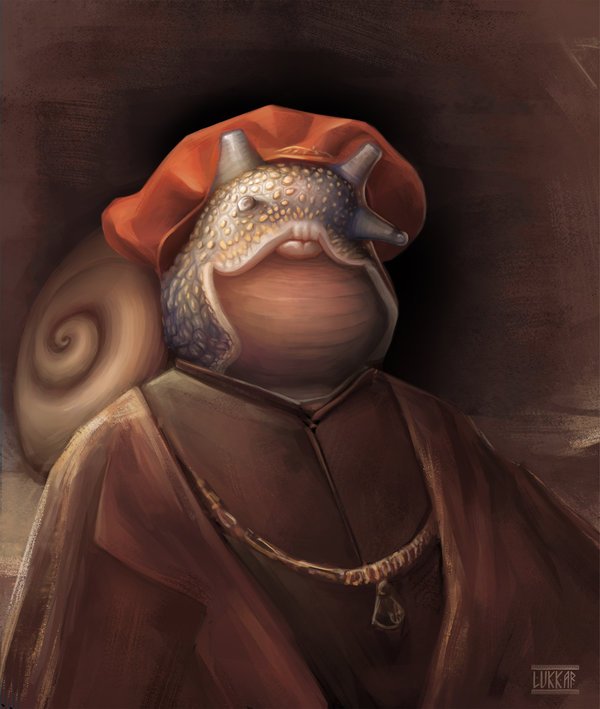Memory Swapping
What are memories? A big question without a satisfying answer. A slightly more manageable question might be WHERE are memories. So far, the debate about where memories are stored in the brain has been ongoing, with no agreed upon answer…so far.

Some neuroscientists believe that memories are stored in the synapses (the connections between nerve cells) while others believe that memories are stored in the more permanent and accessible nuclei of neurons. The former is like writing a note in beach sand while the latter is like putting a file in a metal filing cabinet.

Recently some neuroscientist researchers at UCLA (California is kind of badass) helped us come closer to answering the question of memory-storage with an experiment involving sea snails.

Sea snails learn in similar ways as mammals do, but since they have about 20,000 neurons compared to a human being’s 100 BILLION neurons, they are easier to study.

The experiment required a snail to be shocked with a small charge. At first, the snail curls itself up in a defensive position for about 10 seconds. Gradually the shock levels were increased until the snail was staying curled up for 50 seconds at a time after every shock. They were trained!

Then the researches removed a bit of RNA (ribonucleic acid, which forms proteins based on a cell’s DNA instructions) from the snail and injected that RNA into an untrained snail. Then they zapped both an un-injected snail and the snail with the recent RNA injection. The uninjected snail curled up for the normal 10 seconds. The snail that had been injected with the RNA from the trained snail curled up for 40 seconds! The same amount as if it had been trained itself. That suggests a “memory” transfer from one snail to another.

Sure, its rudimentary, and doesn’t really solve the question of where memories are stored, but it does suggest an answer. It certainly is an interesting experiment.
Understanding memory is the first step in truly being able to treat the more insidious brain-related illnesses that plague us. Armed with this understanding, we could defeat Alzheimer’s or be able to treat trauma and PTSD.
But we have to crawl before we can walk. All hail the noble sea snail!

Very interesting but debatable..
in the modern science scentists are trying hard to store brain and copy brain. Thanks for your update sir. This is the most wanted research in this age.
the brain is too complex, there are still a lot of studies to be done
It will be cool to swap memory of people with whome you disagree. To understand someonse motivation better. To love deeper.
At the risk of sounding skeptic. Memory is a baffling concept. You remember a stumble on a particular morning 20 years ago and forget the broken footpath outside your home. Or more interesting we sometimes remember dreams and sometimes don't. Or sometimes we taste or smell something which triggers a long lost memory. Or more mysteriously sometimes people have a sense of remembering things and places they have never been. Hey we still have a lot to learn but we will get there eventually. liked and Resteemed
Embrace the skepticism! Cognitive rehabilitation falls into my personal scope of practice and being skeptical has helped me protect my professional license and personal integrity. The fact of the matter is that although we have many years of neurological study, there are still many mysteries about function. I have found that a skill like memory can be very difficult to separate from other cognitive skills like attention, alertness, comprehension, and also physical consequences of our habits...humans are a complex system operating within larger complex systems. Our respect for it's complexity and efforts to move toward better understanding are important steps in the right direction, but as you mentioned, it's a long road ahead.
Tipuvote!
Hi @writesbackwards! You have received 0.77 SBD @tipU upvote from @cardboard !
from @cardboard !
Earn daily income on steem: @tipU distributes 100% profit and additional 60% curation rewards to all investors and allows to automatically reinvest selected part of your payout.
Can you do an article about mk ultra mind control?. its a good topic in futur many ppl will be aware of such operations.
The memory is in the water ...?